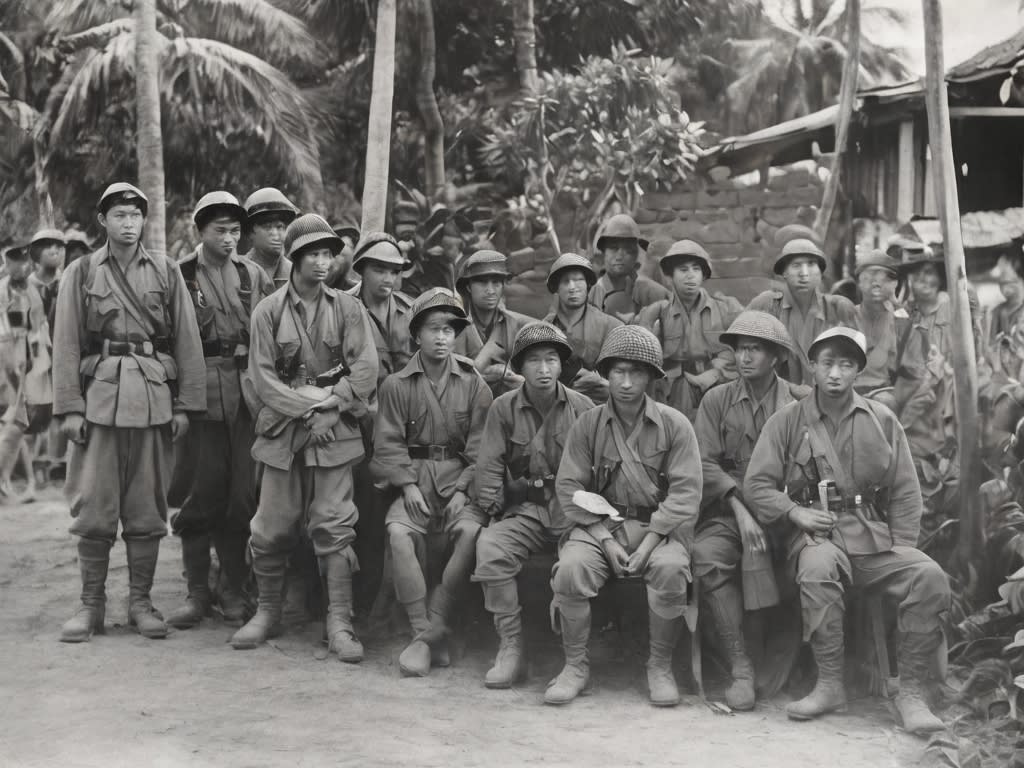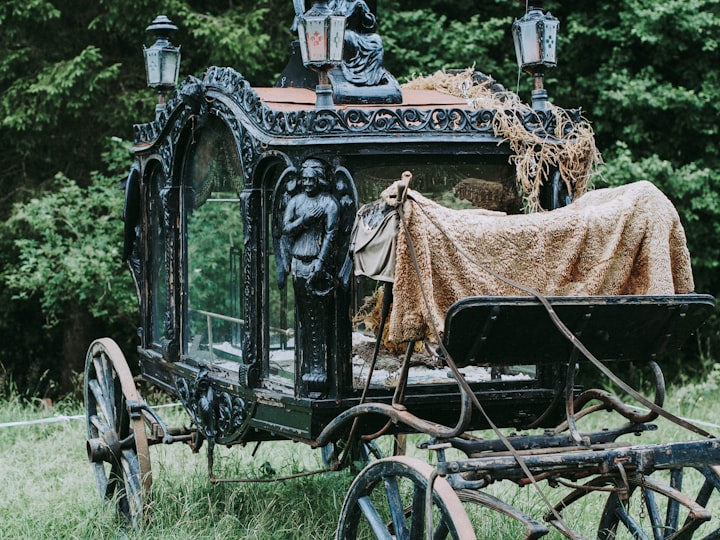World War ll: The broken pride of Japanese soldiers
Japanese soldiers in the Philippines

Amidst the dense jungles of the Philippines, where the vibrant greenery hid the scars of war, a small group of Japanese soldiers clung to survival, remnants of a bygone era. The year was 1947, two years after World War II had officially ended. Yet, for these soldiers, the war persisted, trapped in a time capsule of their own making.
Lieutenant Hiroshi Tanaka, a stoic and battle-hardened officer, led the remaining corps. They had weathered the storm of defeat, forced into guerrilla existence, their homeland a distant memory. The once-proud Imperial Japanese Army had crumbled, but the spirits of these men refused to yield.
The jungle, dense and unforgiving, had become both their sanctuary and their prison. It concealed them from prying eyes, but it also masked the relentless passage of time. In this forgotten corner of the world, Lieutenant Tanaka struggled to maintain discipline and purpose among his men. They were the tattered remnants of a once-mighty force, living on the fringes of civilization, scavenging for food and supplies.
Their uniforms, once pristine symbols of imperial might, were now ragged and stained. Each day, the men rose with the sun, their surroundings echoing with the sounds of the jungle awakening. Lieutenant Tanaka gathered his weary troops, a silent acknowledgment passing between them that another day of survival had begun.
Their makeshift camp, hidden beneath a thick canopy, consisted of crude shelters constructed from leaves and branches. Tanaka's leadership skills were put to the test as he allocated tasks—hunting for food, repairing equipment, and maintaining a constant vigil against any signs of approaching danger. The fear of discovery weighed heavily on their minds; the war was over, but the consequences of their continued resistance were severe.
As the days turned into weeks, the group's isolation took its toll. Memories of home, family, and the once-mighty empire haunted their dreams. The relentless jungle seemed to mock their predicament, its beauty in stark contrast to the ugly truth of their situation. Yet, amid the despair, Tanaka held onto a flicker of hope, a belief that survival might lead to redemption.
Communication with the outside world was a delicate dance. The men monitored distant radio broadcasts, trying to decipher the news of a world that had moved on without them. The voices crackling through the static carried tidings of a Japan changed, occupied by foreign powers, and rebuilding from the ashes of war. The realization that their sacrifice had not altered the course of history left a bitter taste in their mouths.
One day, as the scorching sun filtered through the dense foliage, a stranger stumbled upon their hidden camp. A Filipino farmer, eyes wide with surprise, stood frozen in the clearing. Lieutenant Tanaka, sensing both danger and opportunity, approached cautiously. The language barrier was formidable, but gestures and shared glances conveyed a mutual understanding of the world they inhabited.
The farmer, Juan, proved sympathetic to their plight. He shared tales of the war's aftermath, the struggles of his people, and the shifting tides of power. Tanaka, realizing the futility of continued resistance, contemplated the possibility of a different existence. The once rigid lines between enemies began to blur as survival took precedence over past allegiances.
United by circumstance, Tanaka and his men collaborated with Juan and his community, learning to coexist. The soldiers contributed their military skills, teaching the villagers how to fortify their homes and navigate the jungle. In return, the villagers provided sustenance, medical aid, and a semblance of the normalcy these soldiers had long forgotten.
As the seasons changed, so did the dynamics within the group. Lieutenant Tanaka, once a symbol of authority, became a bridge between two worlds. The men, once warriors bound by duty, found solace in the simplicity of tending to crops and helping rebuild a war-torn community. The jungle, once their adversary, now embraces them as they learn to live in harmony with nature.
Years passed, and the story of the Japanese soldiers living among the Filipino villagers became a whispered legend in the region. The scars of war faded, replaced by the lush growth of new beginnings. Lieutenant Tanaka, now an elder statesman, stood at the crossroads of two lives. The ghosts of the past lingered, but the present offered a chance at redemption and healing.
In the end, the remaining Japanese soldier corps in the Philippines found a different kind of victory—not in the battlegrounds of war, but in the shared struggle for survival and the bonds forged in the crucible of adversity.






Comments
There are no comments for this story
Be the first to respond and start the conversation.